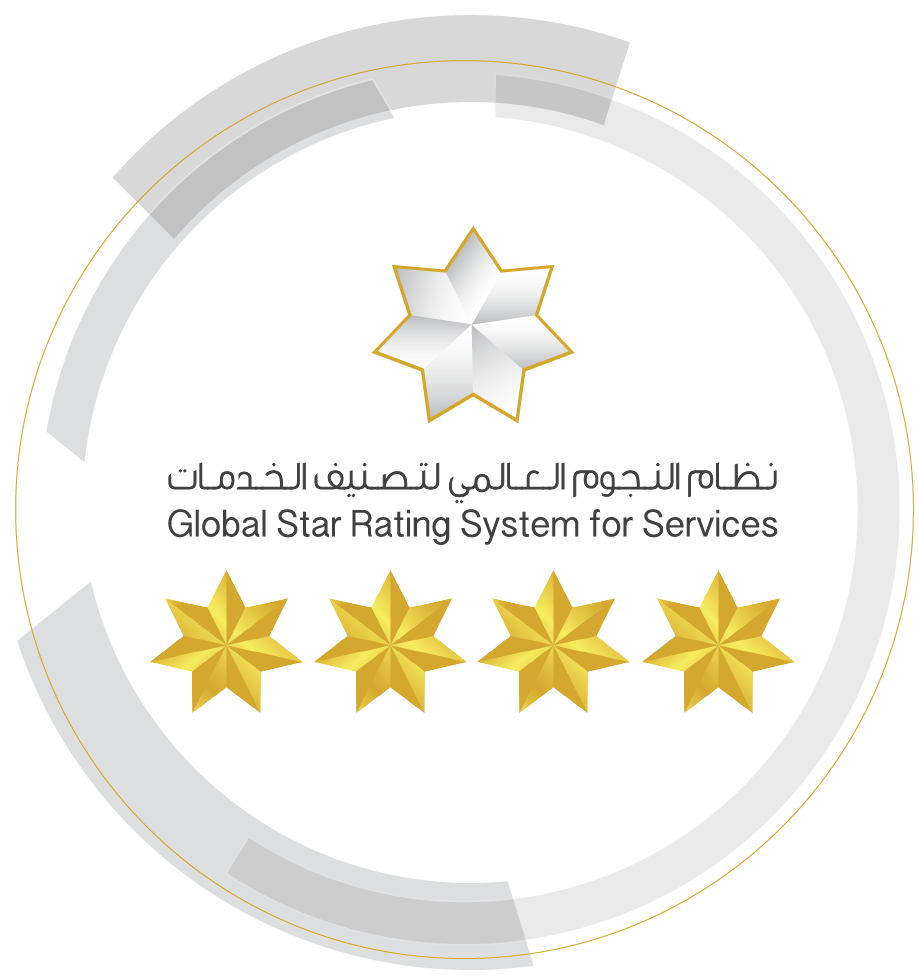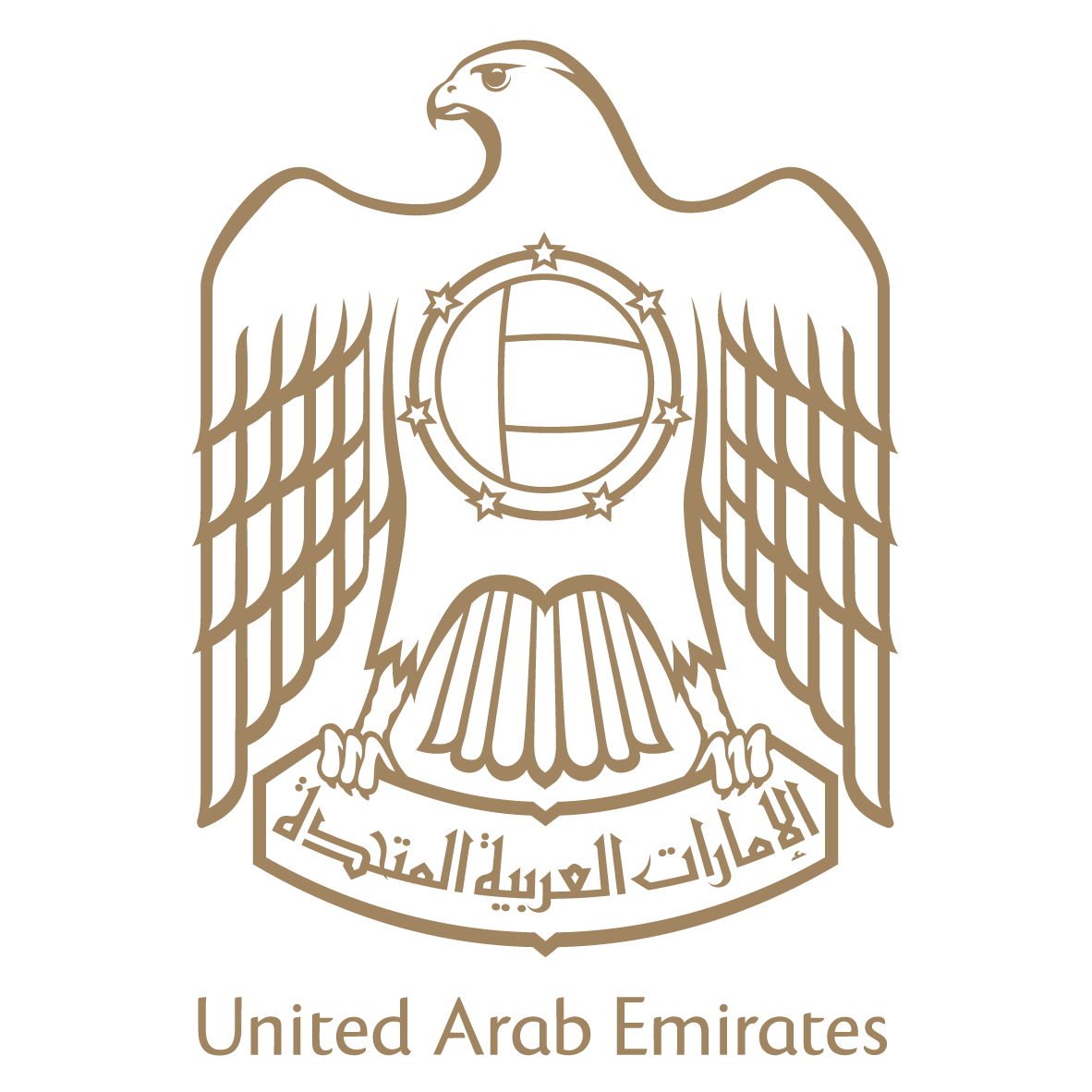FAQs
General
Hashtag Service #TAG
Kashif
Marketing Short Message Service
Registration for Mobile Consumers
E-Commerce
Trust Services
VOIP
FEDNet
Spam
.ae Domain
Frequency Spectrum Management
Type Approval
Licensing
Mobile Number Portability
Fixed Number Portability
Toll free Number Portability
SIM Card Point of Sale
Buildings Telecommunications Network Specifications Manual











